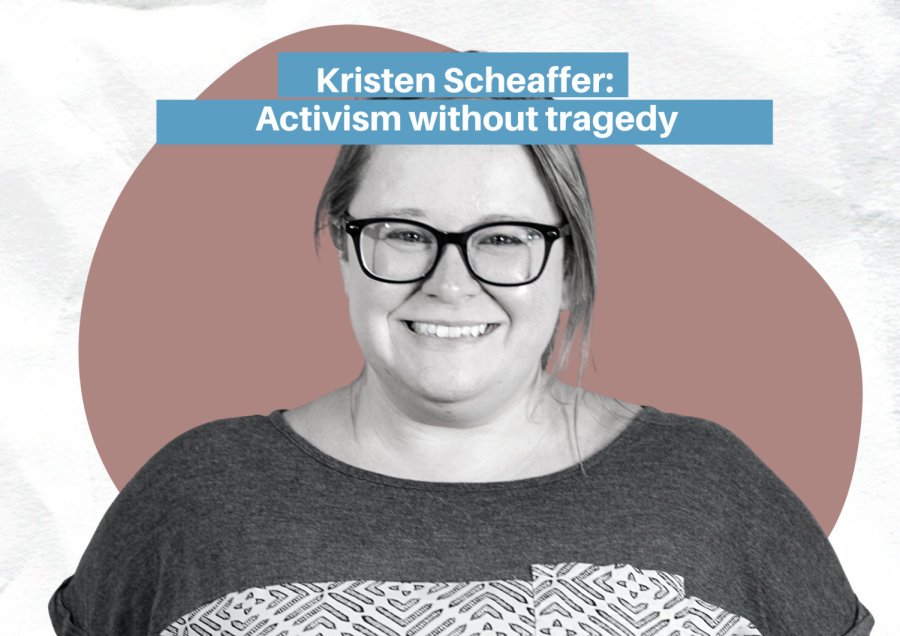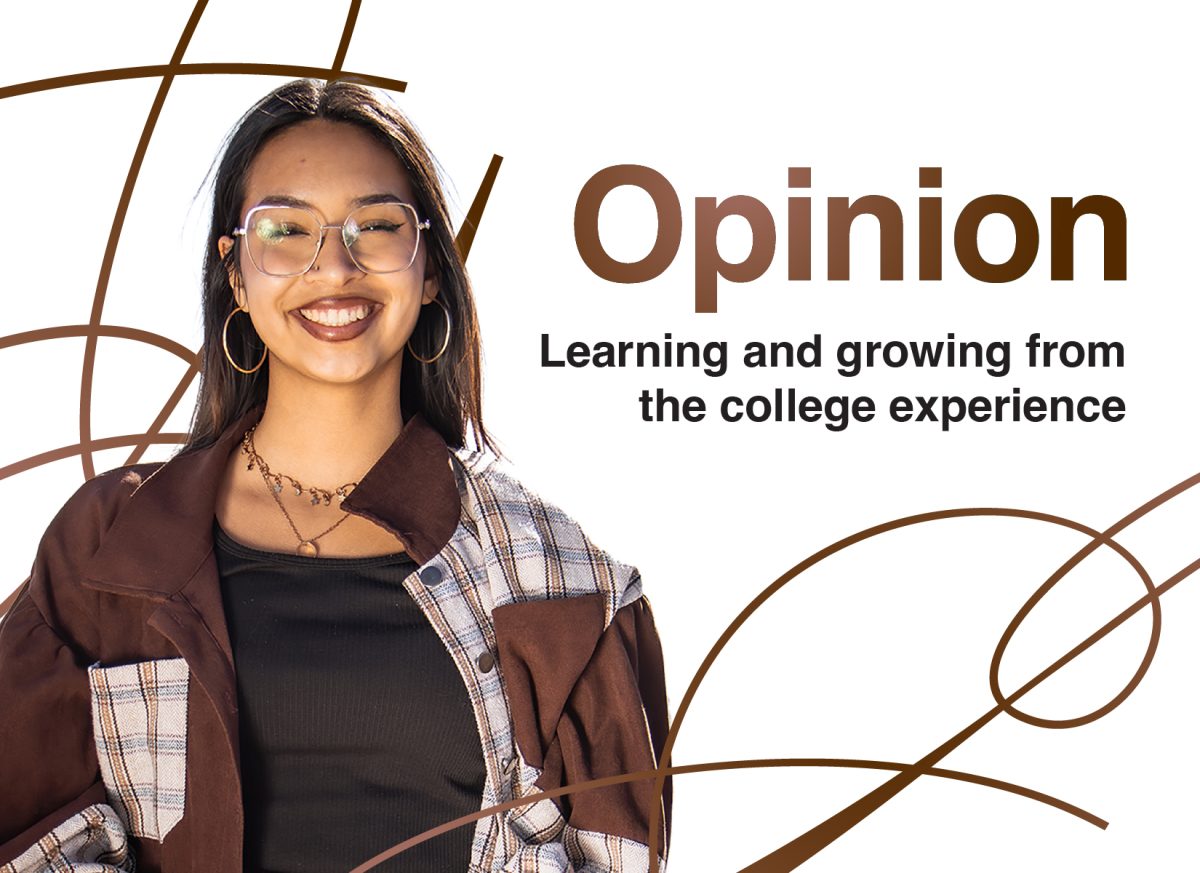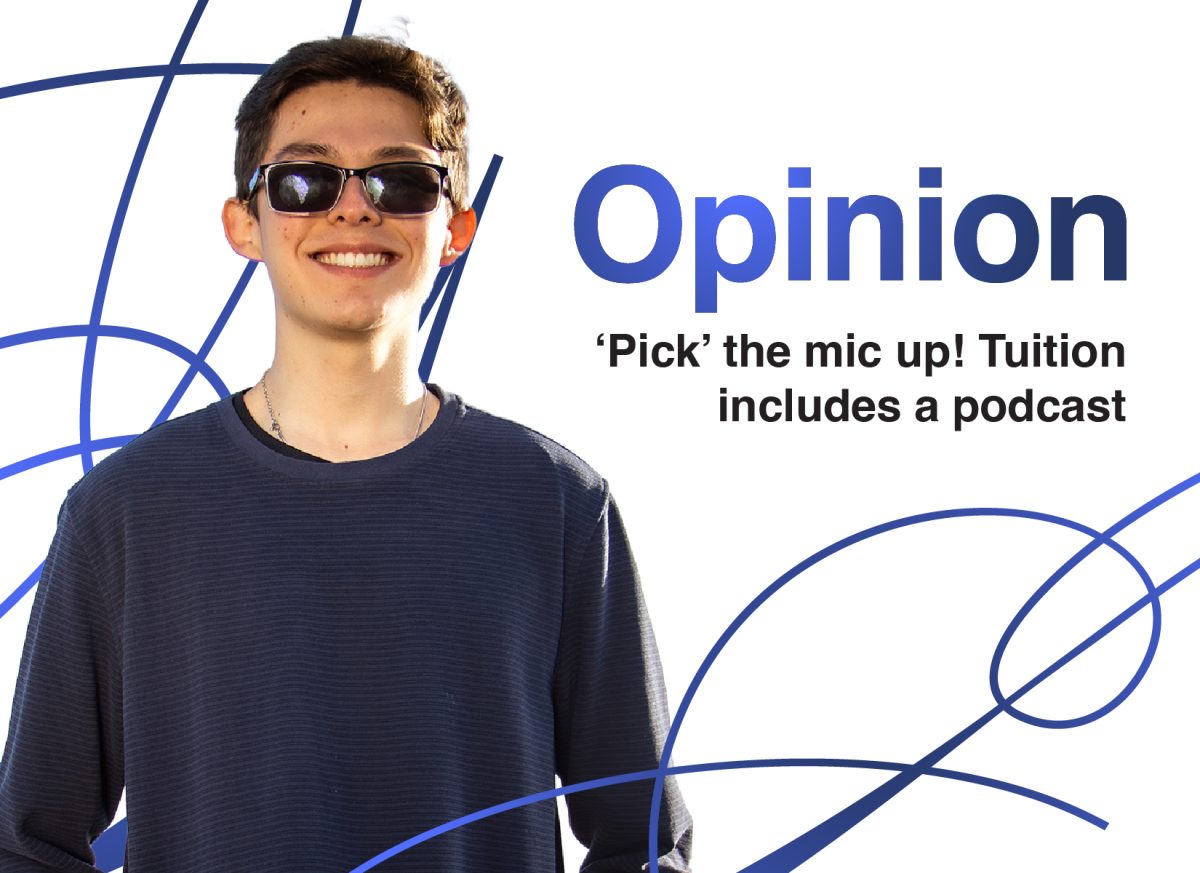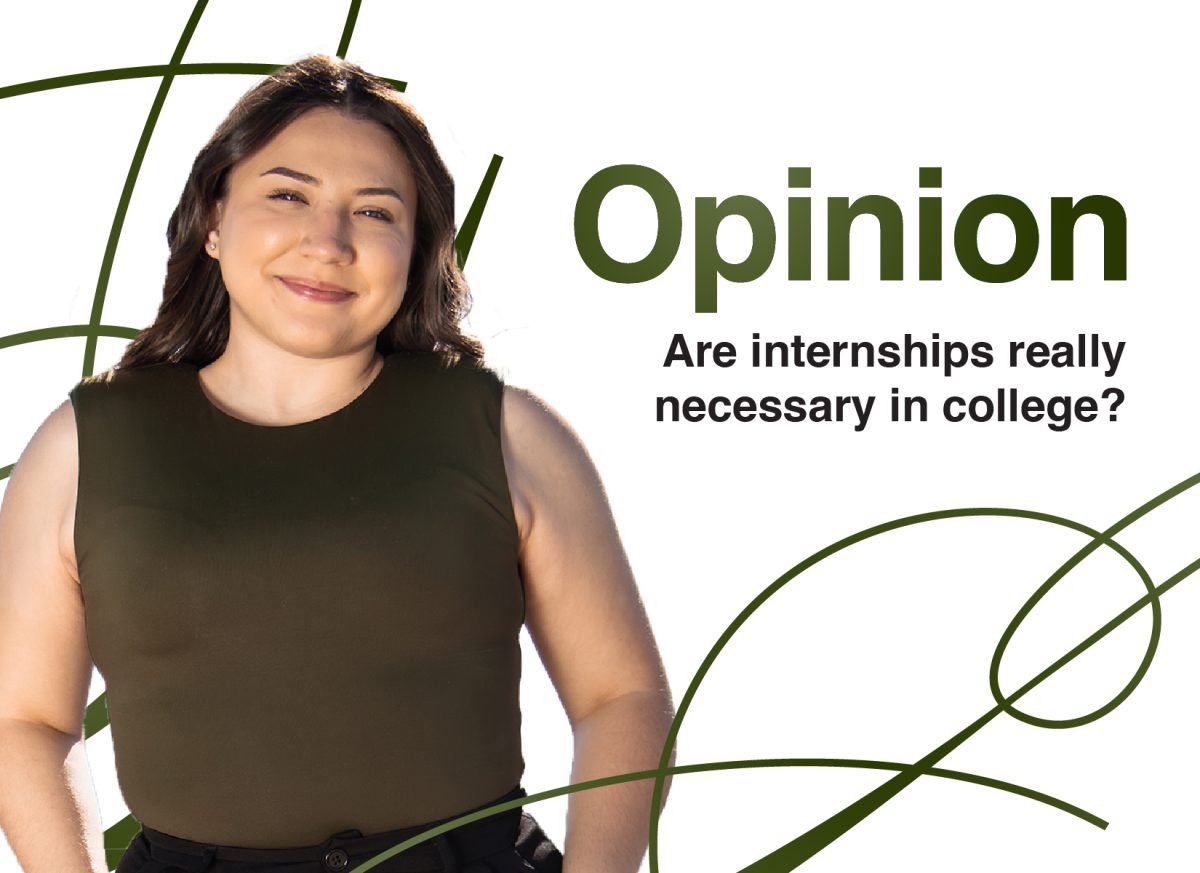On Jan. 11 one of my podcasts dropped a new episode. I grabbed my shopping list for Target and headed out, starting the new episode to listen to on my way. This episode stuck with me. It was NPR’s “Code Switch,” and the episode was, “They came, they saw, they reckoned?” and it discussed the racial reckoning of Summer 2020.
Why does it take tragedy to bring attention to the injustices happening in the United States? Recently, Nikole Hannah-Jones, the creator of the 1619 Project, opened her first Freedom School for the project, and we hardly heard anything in the news about this. Yet, there was plenty of national news on newly appointed Gov. Glen Youngkin of Virginia keeping critical race theory out of the Commonwealth school system. (Was CRT actually practiced to begin with?)
Critical race theory is the idea that racism has become ingrained in legal systems and policies and race is essentially a social construct, according to edweek.org. CRT is not teaching prejudice towards white people, nor is it encouraging any superiority of one race over another. CRT teaches that these things still exist, and we must be aware of them to make change. You can’t solve a problem if you aren’t aware there is a problem.
We need to ask ourselves why we are not having these discussions. Why are we not fighting for the education of the future? Is it because there is no George Floyd or Breonna Taylor to go with this fight? Is it a lack of media coverage, or is it a lack of interest for the media to cover it? For that matter, why are we (myself included) only discussing these matters during specific periods, for example, when it is Black History Month? These issues do not disappear at sunset on Feb. 28.
On Sept.1, Gov. Greg Abbott of Texas signed a bill into law, known as the 1836 Project. This bill was instated to ensure students are getting a “patriotic education,” according to The Texas Tribune. Does this bill contradict the teachings of the 1619 Project? The year, 1836 was chosen because of Texas’ victory over Mexico, with that victory came independence, but not for everyone. However, this was one of many bills, including the SB8 bill banning abortion after six weeks, signed Sept. 1, 2021, leaving this bill to be buried.
“Was there a dark side to Texas history? And the answer, well of course (there is), your common sense would tell you. There had to be, so was there corruption among the leaders of Texas? Yeah. But there was also a very good side and people need to be able to weigh those things, use their own judgement, right to do so,” said Richard Gutierrez Ph.D., professor of political science at UTEP. “But when you get such a slanted biased story, you grew up thinking that all these others didn’t contribute anything and that they were all inferior.”
Do we get to select our history? If we are to be patriotic, does this mean the school system will skim over the darker side of Texas history? Does denying the education of slavery “prevent” a racially divisive future? If that were the case, why are there people like Philando Castile and Trayvon Martin since Critical Race Theory hasn’t been in our schools?
We, especially white people, need to be better and need to do better. Yes, we may be allies, but at the end of the day, we still go home to our privileged homes with our privileged families. Doing better starts in the classroom and educating others. Instead of disputing something we heard a snippet about on the radio, let’s do our research and be better allies for a better future.
Kristen Scheaffer is a staff reporter and can be reached at [email protected].












